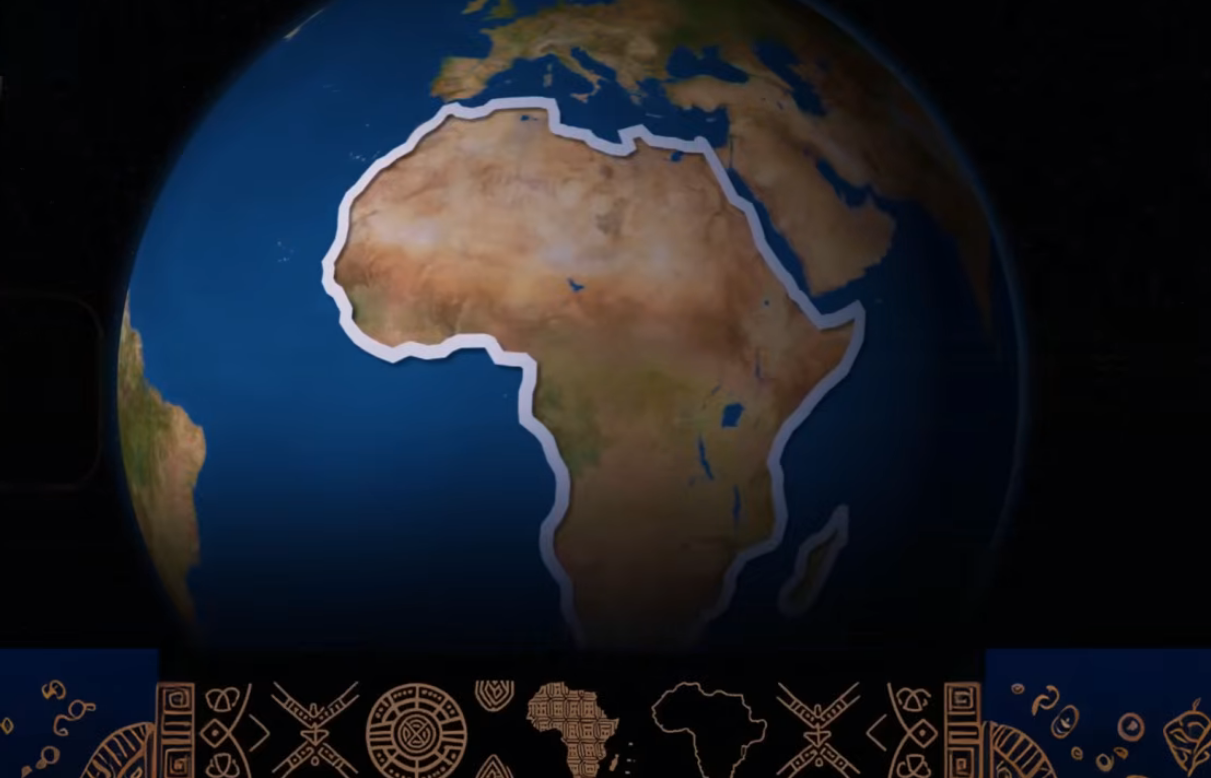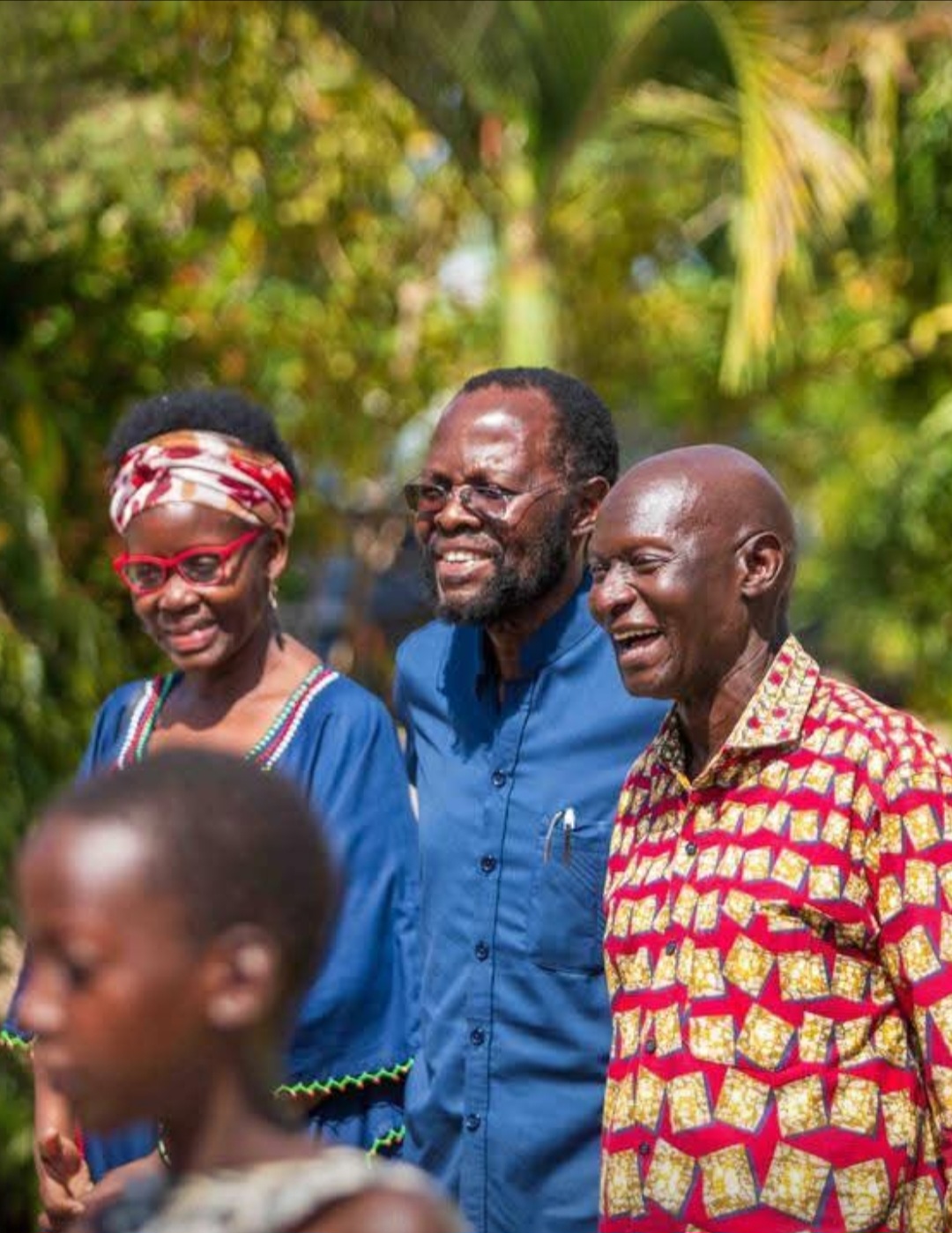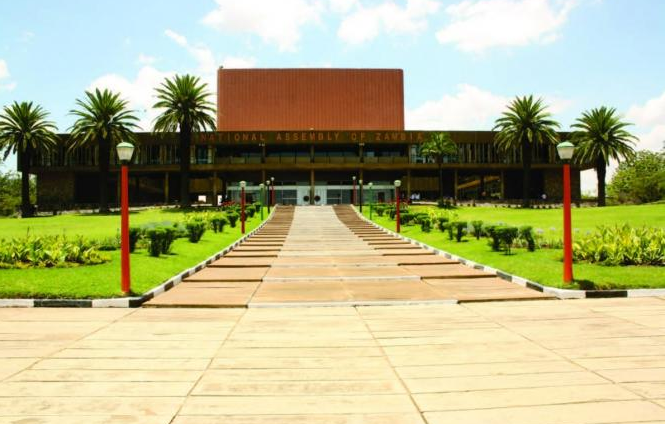By Zacharia Kanyonyozi
Photos: Wikimedia Commons
That Ugandan dictator Yoweri Museveni is a warlord masquerading as a leader is a fact that cannot be gainsaid or ignored.

To be sure, he is at war with Ugandans through his villainous policies directed at depleting our will to fight for change.
However, take heart, we need to change tactics and realize that Gen. Museveni will only be defeated through our acceptance of the strategic nature of the confrontation between Ugandans and him.
As his dictatorship weakens inwardly, outwardly he has resorted to bluster in the shape of monumental violence and corruption.
This means the time is ripe for us to use his tactics against him by employing the concept of the “strategic containment” as propounded by Gen. Museveni’s idol Mao Zedong in his work “On Protracted War”.
While fighting Japan, Mao published this work during the so called War of Resistance (an expression Gen. Museveni also stole from the Chinese).
When Mao wrote that seminal work, he highlighted three stages for such a war: Japan’s strategic offensive, China’s strategic confrontation (or strategic stalemate) with Japan, and China’s strategic counter-offensive.
On the second stage, dictator Museveni forced a “strategic stalemate” between his terror squads and Milton Obote’s second government.
This stalemate involved one central characteristic: the relative balance of power between Gen. Museveni’s terroristic organization, the National Resistance Army (NRA), and the Obote government.
Such a stalemate was characterized by the difficulty for either side to defeat the other, until the 1985 Tito Lutwa coup tipped the scales in favor of dictator Museveni.
Ugandans, bearing this in mind, must also realize that dictator Museveni cannot defeat the forces of change.
However, the forces of change cannot remove dictator Museveni at the moment.
So a Strategic Stalemate exists.
This duality between what will inevitably happen and what is not happening at the moment implies a widening gap between the Museveni Junta’s autocratic power and its goals.
To tip the balance in favor change, Ugandans must thus vote for Bobi Wine en masse in the next presidential election.
It must be an overwhelming vote, that way when dictator Museveni steals the vote yet again; he will feel himself surrounded because he will know the country is completely and legitimately against him.
This will lead to his increased paranoia. And he will then lash out at his enemies, real or imagined. This will spell curtains for him and his morally bankrupt Junta.
We have seen how paranoia can eat at a regime when we saw how Idi Amin became a captive to all the phantoms of menace in his otherwise empty head.
Indeed, Amin’s regime was ably described by The New York article, written on April 18, 1979, by John Darnton as “a snake pit of fear and paranoia, dominated by a secret police that spent millions of dollars on sophisticated devices such as deadly exploding cigarette lighters but whose agents were barely literate.”
Sounds familiar? It should, for this is what is happening in Uganda with dictator Museveni’s Junta.
Darnton went on, “The documents from the President’s office and the notorious State Research Bureau tell tales of betrayal within families. In one, a mother turns in her daughter for saying in a dinner‐table discussion that Milton Obote, deposed by Mr. Amin in 1971, should return to power.”
Adding, “Some show how President Amin’s suspicions of outsiders were fed by his subordinates. One letter from Robert Astles, Mr. Amin’s British‐born aide, reads:
‘Your excellency. We have evidence through documentation and interrogation that foreign companies are working against the Ugandan economy. We also have evidence that the C.I.A. is working against you. We would like to give our intelligence verbally. Your obedient servant, Bob Astles.’”
Amin’s paranoia led to more violence (perpetrated by him) and further heightened his hubris as he flew his wax wings into the sweltering theater of war with Tanzania.
We must push dictator Museveni to such lengths, we must encourage him to carry out more of his usual evil, dastardly tactics and, as Napoleon Bonaparte would say, not interfere or interrupt him when he is doing so.
Then, by tipping the scales of an existing strategic stalemate in this country in the favor of change, in this manner, we will finally rid ourselves of the darkest phase in our lamentable history.

By Zacharia Kanyonyozi






